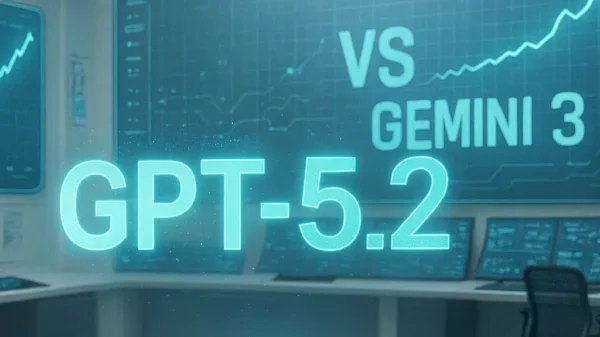Fund managers and strategists are looking beyond the U.S. technology sector’s rebound this year for longer-term gains due to increasing interest rates and an uncertain macroeconomic outlook.
The tech-heavy Nasdaq Composite (.IXIC) has risen 21% this year, more than tripling the S&P 500’s (.SPX) 9% advance, driven by stronger-than-expected earnings and cost-cutting from key corporations and hopes that the U.S. Federal Reserve’s raising cycle is nearing an end.
Abigail Yoder, the U.S. equities strategist at J.P. Morgan Private Bank, predicted that other sectors would deliver higher returns at lower prices over time.
“The tendency is that… the sector that leads in one cycle doesn’t tend to lead in the following cycle,” Yoder told the Reuters Global Markets Forum.
The Nasdaq has rebounded from 2022’s 33% decline, its worst year since the 2008 financial crisis, but increased interest rates and a probable U.S. economic recession remain worries.
“We are staying away from the more interest rate-sensitive sectors such as tech,” said abrdn’s North American fixed income head Jonathan Mondillo.
Jonathan Duensing, head of U.S. fixed income at Amundi, advised more cautious and selective fixed-income portfolio positioning in anticipation of a second-half economic downturn.
“We’ve always felt that the tech sector in general is one where you need to be very selective,” Duensing said.
Abrdn expects a fourth-quarter 2023 recession. Mondillo prefers credit in conservative industries like healthcare and consumer staples over technology.
Yoder also sees healthcare as a good recession-proof investment, with mid-cap firms outperforming large caps.
“Longer term, we prefer actually mid-caps, which tend to be higher quality in nature, and tend to exhibit a really good up/down capture over time,” she said.

















































